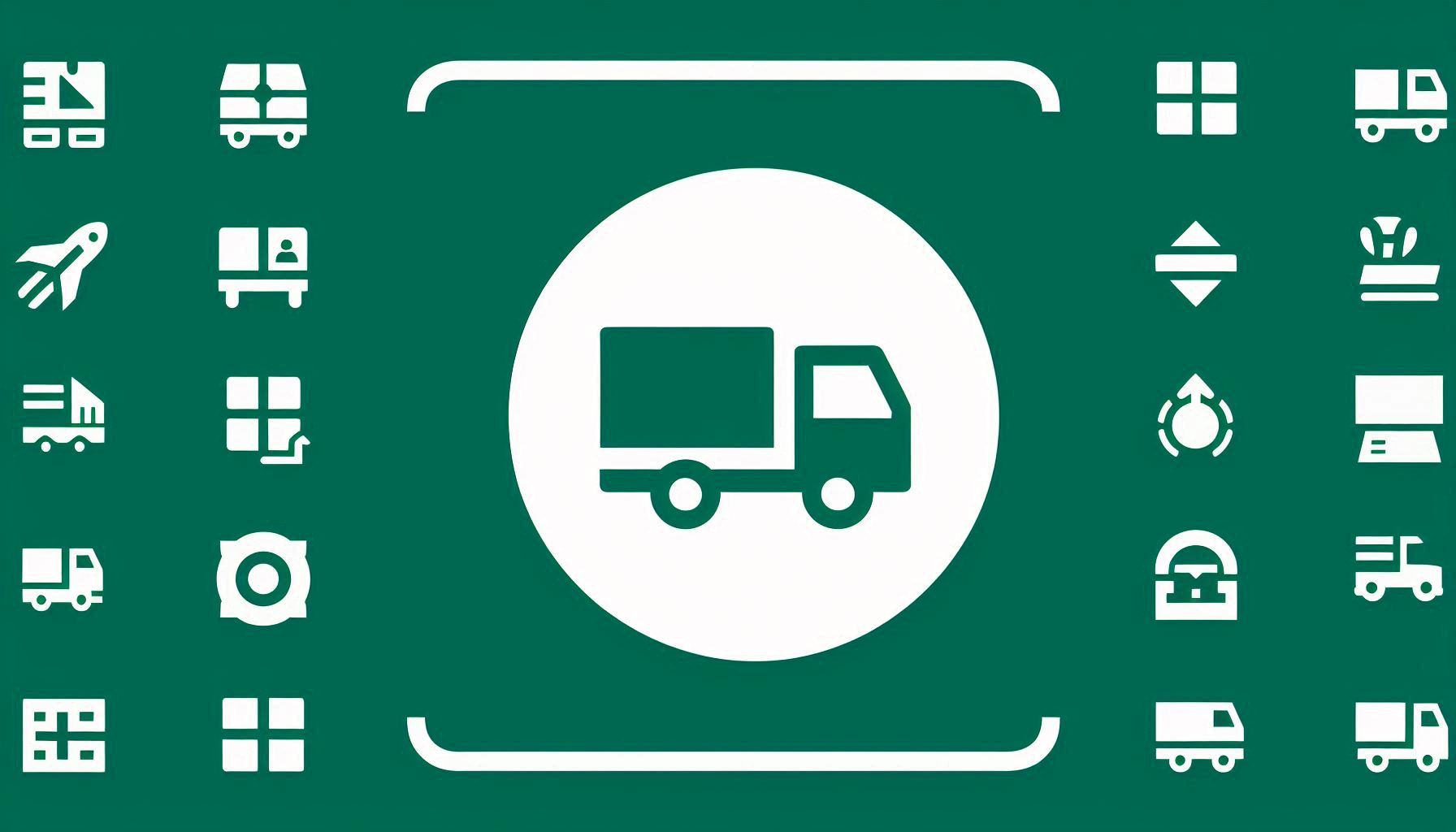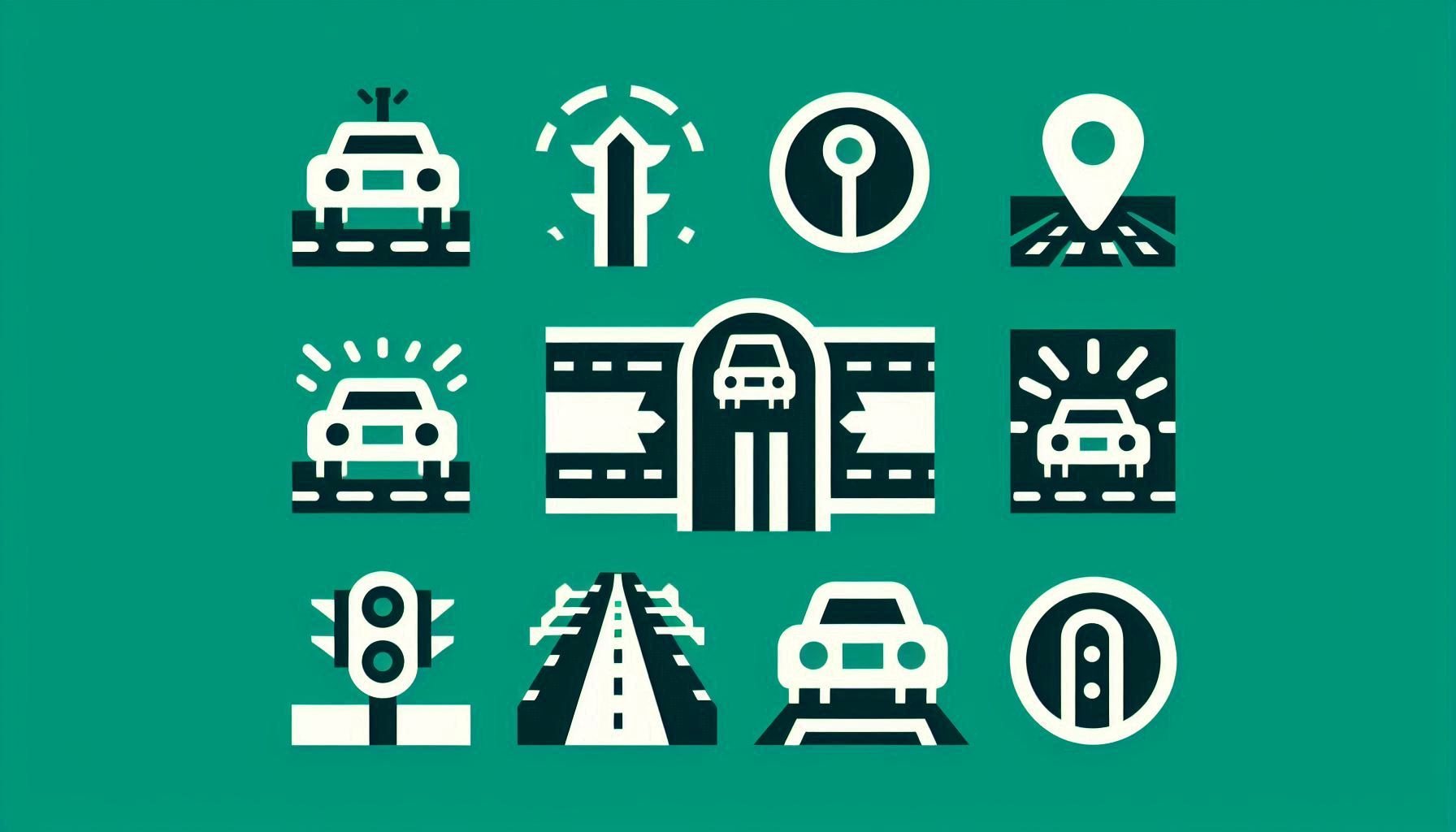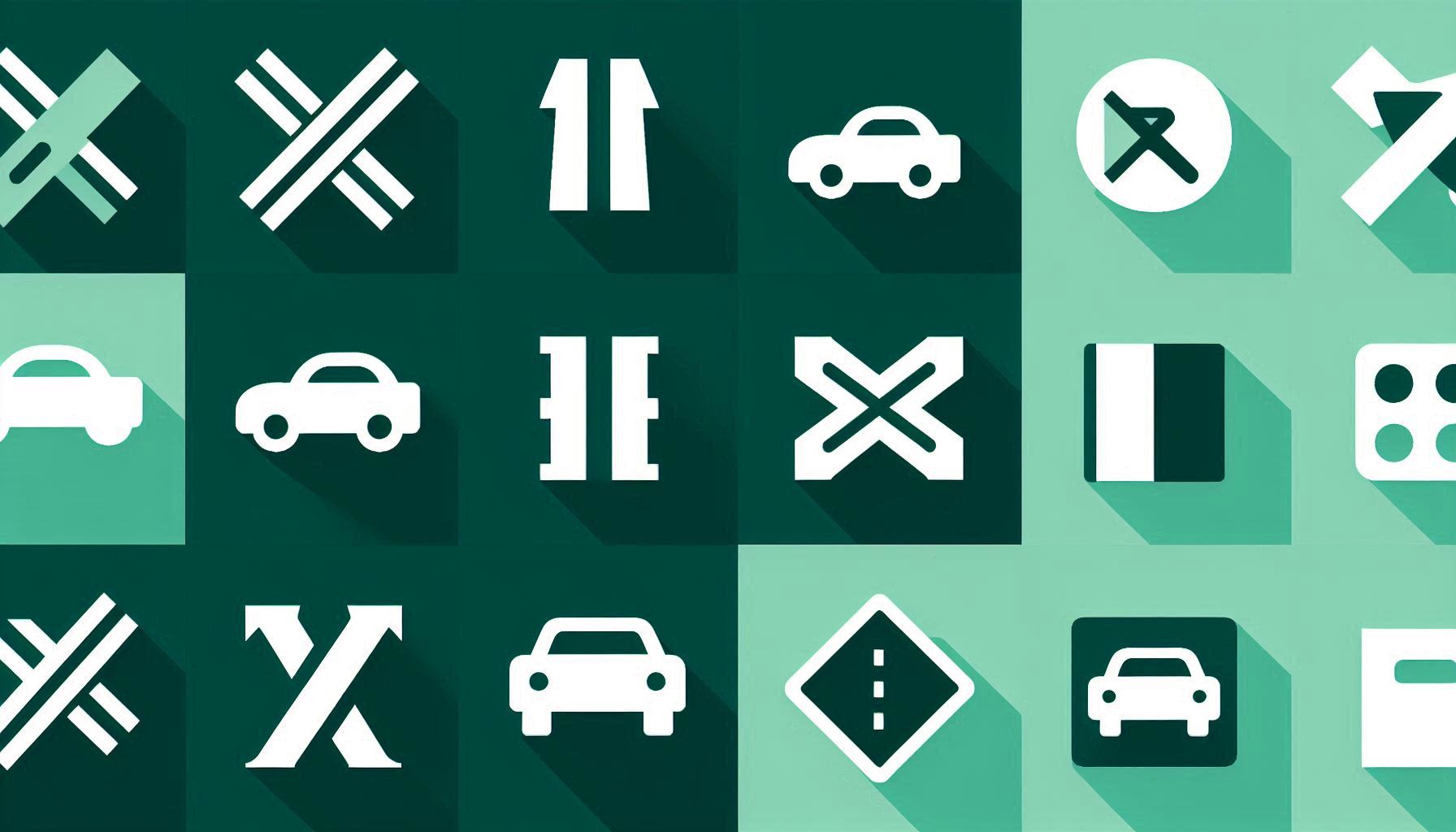A Blockchain-Integrated Multi-Access Edge Computing Framework for Securing and Optimising Internet of Vehicles in Intelligent Transport Systems

Downloads
The convergence of blockchain technology, multi-access edge computing (MEC) and artificial intelligence (AI) has opened new frontiers for advancing the Internet of Vehicles (IoV) within intelligent transport systems. The work introduces EdgeChain-AI, a novel framework that synergises these three technologies to improve the security, efficiency and scalability of IoV applications. By employing blockchain’s decentralised ledger for secure communication, MEC’s edge computing capabilities for instantaneous processing, and AI’s cognitive intelligence for predictive decision-making. The work addresses critical challenges such as latency, privacy and data integrity. Our framework outperforms current approaches by reducing latency by 25%, improving energy efficiency by 15% and maintaining 99.9% data integrity. Extensive evaluation and comparative analysis with existing methods like federated learning and edge intelligence solutions further demonstrate the superior performance of the proposed work. This study provides a forward-looking approach for the seamless integration of IoV into the broader IoT ecosystem, enhancing the advancement of intelligent transport systems.
Downloads
Alam MM, Khan AI, Agrawal A, Abushark YB. A knowledge-based integrated system of hesitant fuzzy set, AHP and TOPSIS for evaluating security-durability of web applications. IEEE Access. 2020;8:48870-85. DOI: 10.1109/ACCESS.2020.2977674.
Agrawal A, Tanwar S, Patel Y, Verma A. Data localization and privacy-preserving healthcare for big data applications: Architecture and future directions. In: Emerging Technologies for Computing, Communication and Smart Cities: Proceedings of ETCCS 2021. Springer Nature Singapore; 2020. p. 233-44. DOI: 10.1007/978-981-15-9213-5_21.
Kumar R, et al. Security and privacy for big data applications in healthcare. IEEE Trans Big Data. 2020;6(3):488-500. DOI: 10.1109/TBDATA.2020.2986108.
Verma A, Bhattacharya P, Shah K, Tanwar S. An integrated framework for secure data exchange in internet of vehicles: Case study and analysis. IEEE Internet Things J. 2022;8(2):234-56. DOI: 10.1109/JIOT.2022.3140126.
Xu X, Liu H, Wang H, Xu S. Efficient edge computing for IoT in intelligent transportation systems: Opportunities and challenges. IEEE Netw. 2019;33(4):50-5. DOI: 10.1109/MNET.2019.1800270.
Chen M, Mao S, Liu Y. Blockchain architecture for secure internet of things: Performance and cost analysis. IEEE Internet Things J. 2019;6(5):9350-8. DOI: 10.1109/JIOT.2019.2929371.
He Z, Xu S, Ren K. Real-time decision-making in edge-based internet of vehicles. IEEE Trans Veh Technol. 2021;70(2):1036-45. DOI: 10.1109/TVT.2021.3049786.
Wang J, Wang H, Zhao Y. Traffic prediction for smart cities with edge computing. J Big Data. 2020;7:85-102. DOI: 10.1186/s40537-020-00341-2.
Zhang Z, Tan J, Wang Q. A decentralized traffic management solution with edge computing and blockchain technology. IEEE Trans Intell Transp Syst. 2020;21(4):1501-13. DOI: 10.1109/TITS.2019.2925116.
Liu C, Huang R, Zhang H. Machine learning-based anomaly detection for vehicular networks. IEEE Commun Mag. 2022;60(3):22-8. DOI: 10.1109/MCOM.2022.9814551.
Babbar H, Rani S, Bashir AK, Nawaz R. LBSMT: Load balancing switch migration algorithm for cooperative communication intelligent transportation systems. IEEE Trans Green Commun Netw. 2022;1(1):1-14.
Yadav P, Gupta N, Sharma PK. A comprehensive study towards high-level approaches for weapon detection using classical machine learning and deep learning methods. Expert Syst Appl. 2023;212:118698.
Hassan SU, et al. Leveraging deep learning and SNA approaches for smart city policing in the developing world. Int J Inf Manag. 2021;56:102045.
Zaidi KS, et al. Beyond the horizon, backhaul connectivity for offshore IoT devices. MDPI Energ. 2021;14(21):2-12.
Xu G, et al. SG-PBFT: A secure and highly efficient distributed blockchain PBFT consensus algorithm for intelligent Internet of vehicles. J Parallel Distrib Comput. 2022;164:1-11.
Garibeh MH, et al. Motion planning system for unmanned aerial vehicles in dynamic three-dimensional space: a machine learning approach. Neural Comput Appl. 2025;37:3733-57. DOI: 10.1007/s00521-024-10784-0.
Khan MA, et al. Swarm of UAVs for network management in 6G: a technical review. IEEE Trans Netw Serv Manag. 2022;20(1):741-61.
Mitra A, et al. Impact on blockchain-based AI/ML-enabled big data analytics for cognitive Internet of things environment. Comput Commun. 2023;197:173-85.
Chattaraj D, et al. Block-clap: Blockchain-assisted certificateless key agreement protocol for Internet of vehicles in smart transportation. IEEE Trans Veh Technol. 2021;70(8):8092-107.
Chehri A, et al. Transport systems for smarter cities, a practical case applied to traffic management in the city of Montreal. In: Littlewood JR, Howlett RJ, Jain LC, editors. Sustainability in energy and buildings 2021. Springer Singapore; 2022. p. 22. DOI: 10.1007/978-981-16-6269-0_22.
Fernando X, Lăzăroiu G. Spectrum sensing, clustering algorithms, and energy-harvesting technology for cognitive-radio-based Internet-of-Things networks. Sensors. 2023;23(18):7792. DOI: 10.3390/s23187792.
Fernando X, Lăzăroiu G. Energy-efficient industrial Internet of Things in green 6G networks. Appl Sci. 2024;14(18):8558. DOI: 10.3390/app14188558.
Szpilko D, et al. Energy in smart cities: Technological trends and prospects. Energies. 2024;17(24):6439. DOI: 10.3390/en17246439.
Copyright (c) 2025 Mohammed Riyaz MAHABOOB BASHA, Gopalakrishnan VARADARAJAN

This work is licensed under a Creative Commons Attribution-NonCommercial 4.0 International License.




















